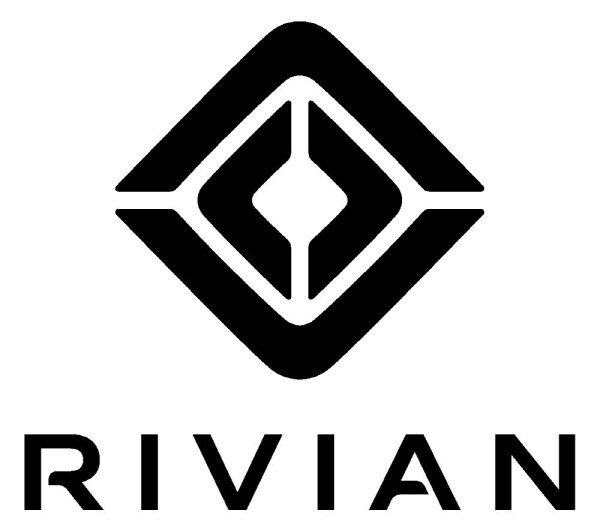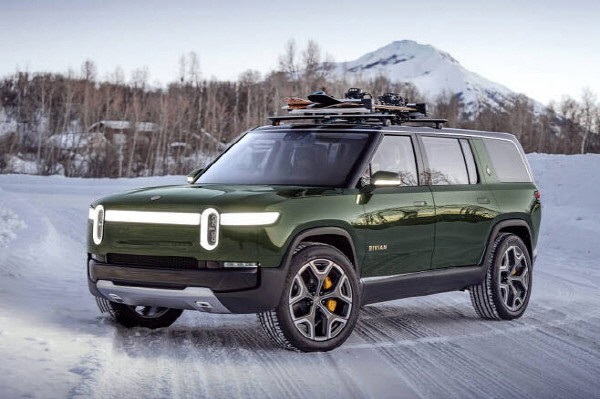An American EV company, Rivian, has ambitiously pursued after the battery internalization strategy; however, there has been some changes in the strategy. The stocking of equipment necessary for battery production has been delayed. Rivian received investment from Amazon and Ford, and has been under the spotlight for being considered the ‘second Tesla’ and ‘Tesla competitor’.

On the 31st, Rivian requested an extension of the delivery date to domestic battery equipment manufacturers according to the industry. It was originally scheduled for the end of this month; however, the date has been adjusted to the third quarter. Equipment companies that had contracts with Rivian issued a correction notice.
The reason for Rivian’s delay in stocking battery equipment has not been confirmed. However, it is said that the global economic downturn, EV production schedule, and battery development plan are complexly intertwined.
An industry insider said, “It’s not just because of battery production disruptions, but I know it’s an issue related to EV production. As long as I am aware, the delay to bring in equipment is due to the global economic downturn.”

Rivian is an American EV startup. Unlike Tesla that mainly focused on passenger cars, Rivian put forward commercial vehicles and SUVs as its main models. It received investments of more than $10 billion from Amazon and Ford after being recognized for its EV manufacturing technology. The company received a lot of attention in Korea for using Samsung SDI’s cylindrical batteries.
Rivian pursued to manufacture its own battery to enhance its business competitiveness.
According to a document submitted to the US Securities and Exchange Commission (SEC) in 2021, the company stated, “We have built internal capabilities across the entire value chain, including batteries in order to expand EVs and their impact on performance and price.” In fact, Rivian began to secure prismatic battery manufacturing equipment from submitting the document. It also made contracts with multiple battery equipment companies.
However, there has been some changes in the strategy. The company is drawing attention for the mirror benefits in the domestic battery industry, particularly with a setback with its battery self-sufficiency.
The US and Europe pursued after self-sufficiency by breaking away from Asia that are concentrated with batteries as the EV market grew rapidly. It is necessary to have the battery, which is core product in order to switch from an internal combustion vehicle to an EV. European auto manufacturers such as Volkswagen, Mercedes-Benz, and BMW took a method of investing in local battery manufacturers.
However, mass production has not been easy. British Bolt, which is the representative of British battery internalization, applied for corporate rehabilitation procedures (legal management). Northvolt is also not being able to speed up mass production. And now, even Rivian is delaying with production, which exhibits difficulties in entering the industry as well as mass-producing batteries.
Reporter Jiwoong Kim (jw0316@etnews.com)
